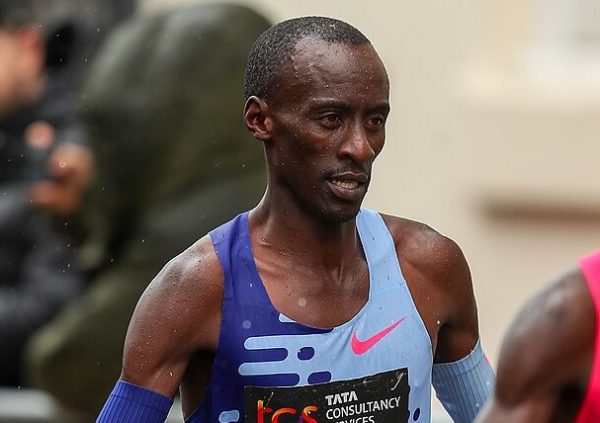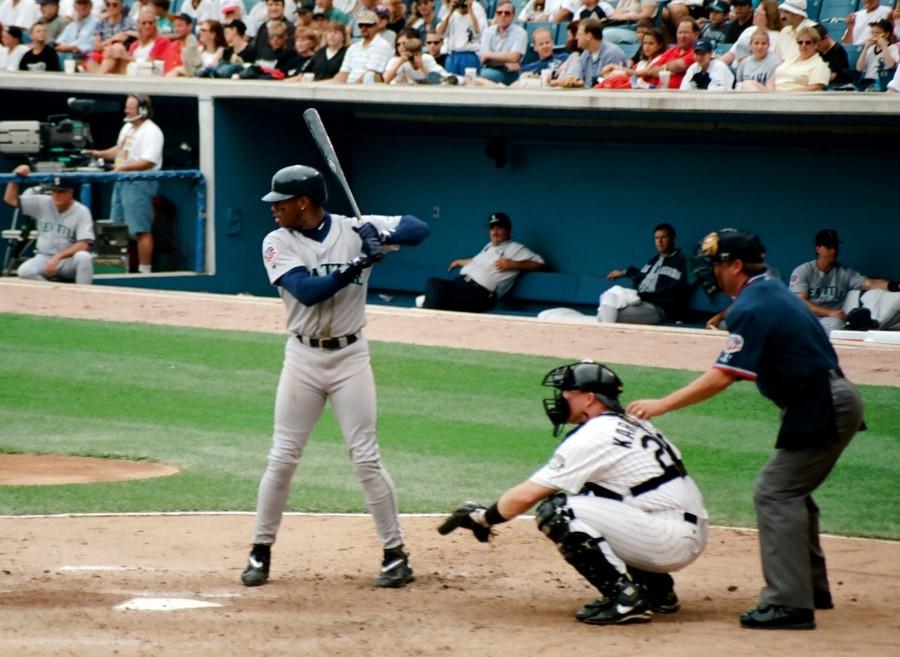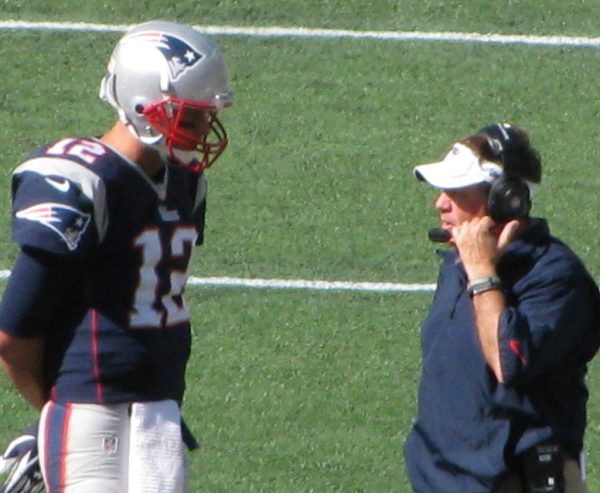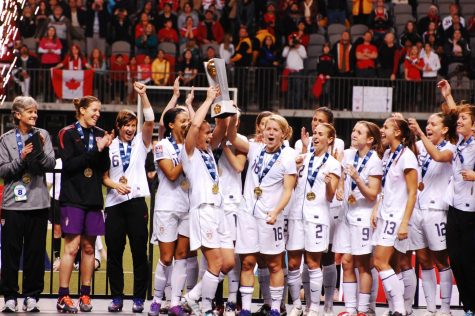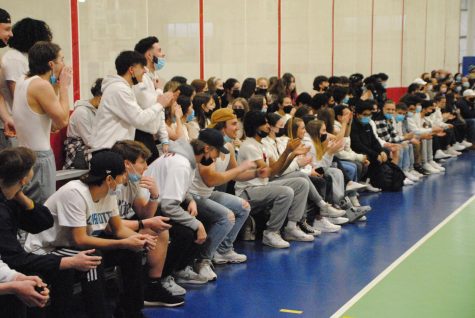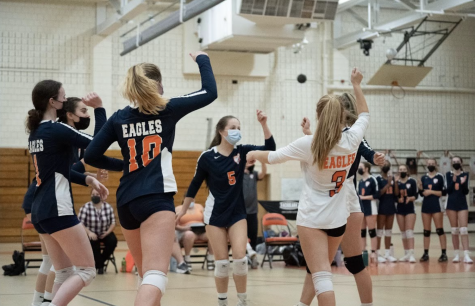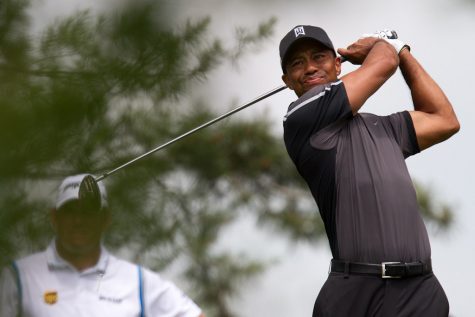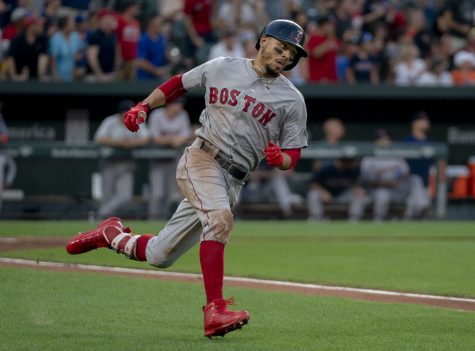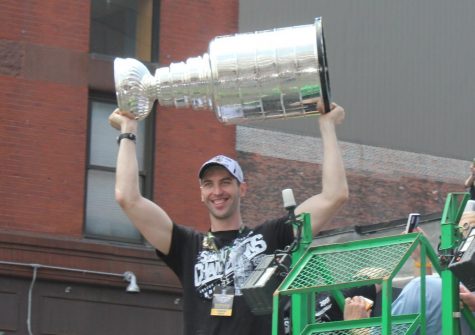Griffey and Piazza gain baseball immortality
Griffey falls three votes shy of being a unanimous pick for Hall
Google image/Creative Commons license
Ken Griffey Jr. is the first No. 1 overall draft pick to make the Hall of Fame.
The National Baseball Hall of Fame. It’s hard to think of anything more American. Every kid who has ever picked up a baseball glove dreams of one day becoming a professional baseball player and subsequently being inducted into the Hall, to be honored with the legends of the game.
A fraction of those kids will ever experience baseball even at the collegiate level; fewer still will know how it feels to step foot onto a big league diamond; and, to date, just 217 men of the millions who have played the game are enshrined in the Hall as immortals.
On Jan. 6, two players, Ken Griffey Jr. and Mike Piazza, were elected to the Hall by the Baseball Writers Association of America (BBWAA). Although both had superb careers—Griffey slammed 630 home runs and achieved a record 99.3 percent of votes cast, while Piazza holds the record for most career home runs (396) by a catcher—the contrast of their beginnings is remarkable.
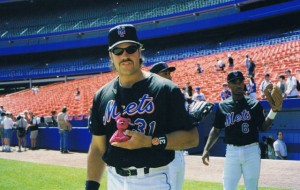
Mike Piazza, a 12-time All-Star, was elected to the Hall in his fourth year of eligibility.
In 1987, Griffey was selected as the No. 1 overall pick in baseball’s amateur draft directly out of high school. One year later, Piazza was selected in round 62, pick 1,390 overall, a place so low it doesn’t even exist anymore (there are only 40 rounds now).
On top of that, the only reason Piazza was selected at all was because his father was friends with Los Angeles Dodgers manager Tommy Lasorda.
So Griffey and Piazza enter the Hall together—as the first No. 1 overall pick to make it, and as the lowest overall pick to make it.
“There’s so many opportunities in this game that you can sort of find a role and be an underdog,” Piazza was quoted as saying in The New York Times.
Griffey, who played for Seattle, Cincinnati, and the Chicago White Sox, finished his 22-year career with 2781 hits, 1836 RBI and a .284 batting average. He was named an All-Star 13 times, won the American League MVP with the Mariners in 1997, and was a 10-time Gold Glove Award winner.
Although no player has ever been a unanimous selection, there was speculation Griffey might have been the first. He was left off three ballots.
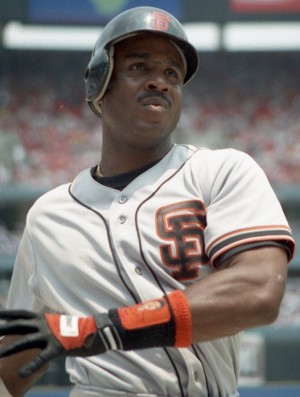
Barry Bonds, baseball’s home run king, is tainted by steroid allegations, which are keeping him off Hall of Fame ballots.
“If you are a […] voter who does not vote for Ken Griffey today, I think you owe it to your readers to be transparent with the vote and why,” Richard Deitsch wrote in Sports Illustrated.
This has been an ongoing topic among sports writers and baseball fans at large. Many people are dismayed that people don’t vote for obvious inductees to keep with the “tradition” that nobody gets elected unanimously.
MLB.com columnist Phil Rogers acknowledged that even the great “Willie Mays was somehow 23 votes shy of unanimous, and even Henry Aaron fell nine votes short.” Mays is widely considered the greatest living ballplayer, while Aaron broke Babe Ruth’s career home run record.
Piazza, who played for the Dodgers, Mets, Marlins, Padres, and A’s, was never going to be in talks as a unanimous pick and, in fact, it took him four tries to get elected. He finished with 427 career home runs overall, with 1335 RBI and a .308 lifetime batting average.
He was a 12-time All-Star, 10-time Silver Slugger Award winner, and was the National League Rookie of the Year in 1993. Also a member of the Mets Hall of Fame, Piazza is likely to be the second player to be inducted with a Mets cap, after pitcher Tom Seaver.
While Piazza’s numbers might make him seem an obvious choice for the Hall, his case had been muddied by speculated steroid use (the cloud that hangs over an entire generation of players).
The scarlet letter of performance-enhancing drugs is precisely what is keeping out the two players considered the greatest of their era (and in discussions for greatest ever): slugger Barry Bonds and pitcher Roger Clemens.
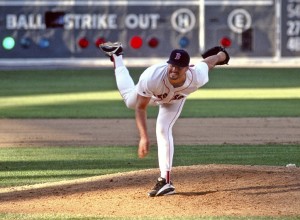
Roger Clemens, a seven-time Cy Young Award winner, also is battling claims of steroid use.
Bonds, baseball’s career (762) and single-season (73) home run king and a seven-time MVP, was named on just 44.3 percent of ballots, while Clemens (354 wins, 4672 strikeouts, 3.12 ERA, seven Cy Young Awards) was named on 45.2 percent, both well short of the 75 percent required.
Some of the most influential baseball writers, however, are beginning to change their opinions on Bonds’ and Clemens’ legitimacy. According to Jeff Passan of Yahoo Sports, “Fox’s Ken Rosenthal, the most respected voice in baseball writing, checked off Bonds and Clemens for the first time this year.”
John Shea of the San Francisco Chronicle voted for Bonds for the first time this year. The reasoning behind his decision was simple: “How could I in good faith not vote for Bonds when I might be voting for other PED guys?” he wrote.
This is perhaps the most important question that any voter can ask when deciding whether to vote for Clemens or Bonds in the future. As the voting body changes and younger, progressive-minded writers begin to fill the ranks of the BBWAA, it will be interesting to see when, and if, Clemens and Bonds can eclipse the magical 75 percent mark and join the likes of Ruth and Aaron in the Hall, sealing their legend for eternity.
On a different and more local note, pitcher Curt Schilling also fell short in voting, garnering 52.3 percent of votes. Schilling will forever hold a special place in the hearts of New Englanders for his heroic effort in Game 6 of the 2004 ALCS.
The game is best remembered for Schilling’s bloody sock (the result of bleeding after surgery to repair a damaged tendon), a testament to his grit and determination in helping the Red Sox overcome the Yankees before they went on to capture their first World Series title in 86 years.
Schilling amassed impressive career totals of 216 wins, a 3.46 ERA, and 3,116 strikeouts, but it was his postseason ability that was most impressive and, simply put, the stuff of legend. In 19 postseason starts, he went 11-2 with a 2.23 ERA.
Traditionally, it is difficult for starting pitchers to gain entry into the Hall without at least 300 career victories. For Schilling, his case is made more complicated by his outspoken views, particularly in the political arena, and some speculate he has been hampered by the backlash.
As Jay Keefe of SportsIllustrated.com put it, Schilling has a “never-ending gift for controversy—which recently included a suspension from ESPN broadcasting duties for comparing extremist Muslims to Nazis on his Facebook page.”
It will make for interesting vote watching in the years to come.

